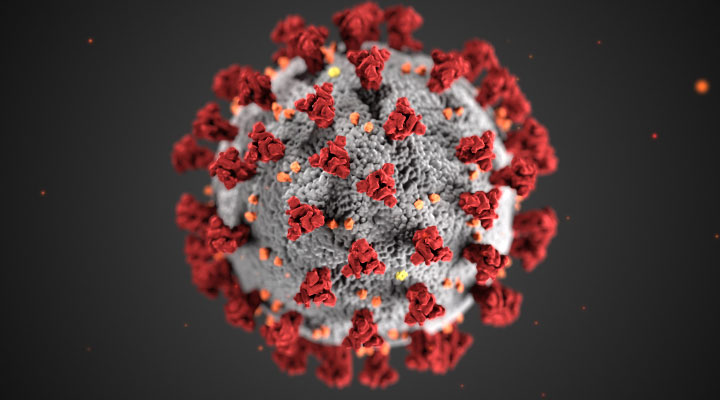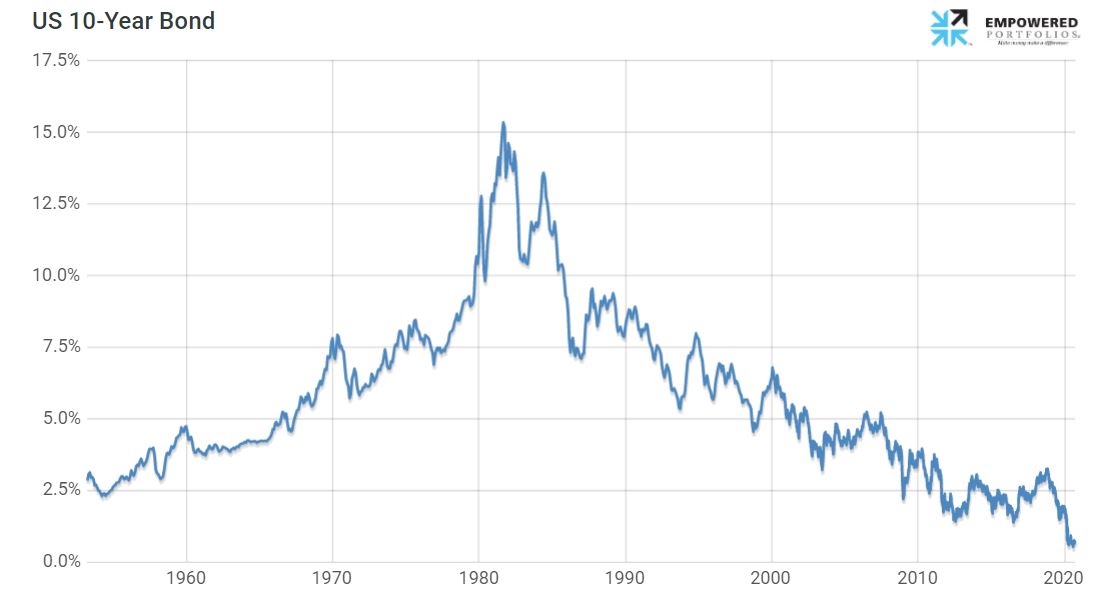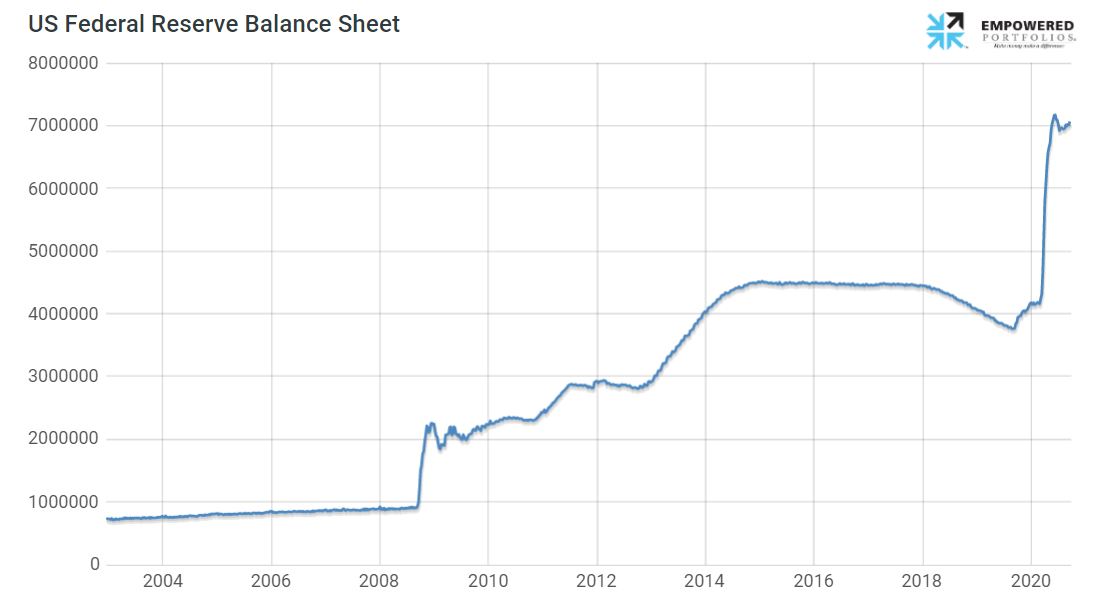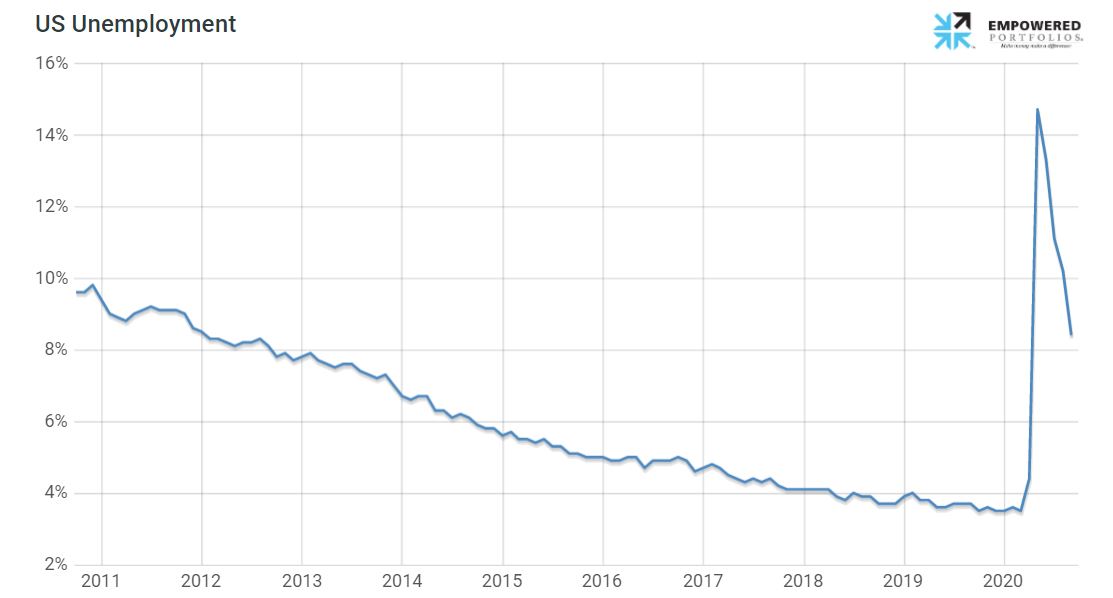While the Coronavirus (officially COVID-19) matter is, of course, new and serious, the initial anxiety phase of program-driven computer trading and a barrage of media hype appears to be giving way to calmer, more rational thinking. Initial phases such as this are almost always the result of unexpected events, as in this case.
Much of the initial anxiety has been heightened by extreme responses such as quarantines, school closings, and warnings to prepare for the worst. Right or wrong, those responses have disrupted global supply chains and caused businesses and tourists to cancel travel plans. Meanwhile, thousands recover from the virus every day. It’s confusing, so we err on the side of extreme caution…and hope to get a grip on reality.
It appears we’re settling down a bit as the reality of data and responsive actions become clearer, but the impacts are real and significant, with more bumps to go. A friend flew to England Sunday and said the plane had few passengers. That’s a real impact. On the other hand, health officials have said that most cases are so mild or moderate that many infected people may never be tested. Isn’t that a good thing? (we ask). Eventually we’ll get a grip.
Federal Reserve Chairman Powell spoke March 3rd and stated that, while fundamentals of the U.S. economy remain strong, the Coronavirus presents evolving risks to economic activity. In view of these risks, the Federal Open Market Committee decided today to lower the target range for the fed funds rate by ½ percentage point, to 1-¼ percent. There are mixed views as to whether a fiscal move is the right response, as many consider this a health problem in need of healthcare solutions, and not a problem in need of an interest rate cut.
We need to learn the truth of experience, and that will take some time. How serious is this virus? Are not the vast majority fully recovering? What has been the role of pre-existing conditions? Will we have a vaccine, treatment, and/or cure? We WILL “get a grip”. We always do.
Doing Our Best—Prevention
In the meantime, we can help prevent the spread of all viruses. Stay home if you are sick, wash your hands frequently, and use hand sanitizing stations when available.
The Center for Disease Control (“CDC”) has offered the following tips for helping prevent the spread of the Coronavirus:
- Avoid close contact with people who are sick.
- Avoid touching your eyes, nose, and mouth.
- Stay home when you are sick.
- Cover your cough or sneeze with a tissue, then throw the tissue in the trash.
- Clean and disinfect frequently touched objects and surfaces using a regular household cleaning spray or wipe.
- Follow CDC’s recommendations for using a facemask.
- CDC does not recommend that people who are well wear a facemask to protect themselves from respiratory diseases, including COVID-19.
- Wash your hands often with soap and water for at least 20 seconds, especially after going to the bathroom; before eating; and after blowing your nose, coughing, or sneezing.
- If soap and water are not readily available, use an alcohol-based hand sanitizer with at least 60% alcohol. Always wash hands with soap and water if hands are visibly dirty.
Unwavering Resolve
Glenwood Financial Partners has procedures in place to diligently monitor your personal circumstances and stress-test investments during the course of all sorts of market conditions, including normal things like interest-rate changes and abnormal things like virus outbreaks.
We’ve had many wonderful conversations and personal meetings over the last several weeks; however, it’s uncertain times like these where we are here and especially eager to again talk through your unique concerns, circumstances, and opportunities!













